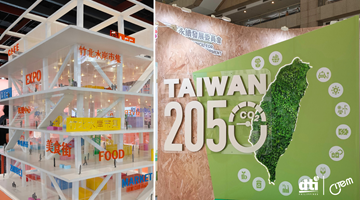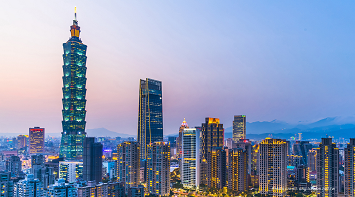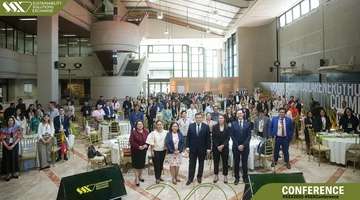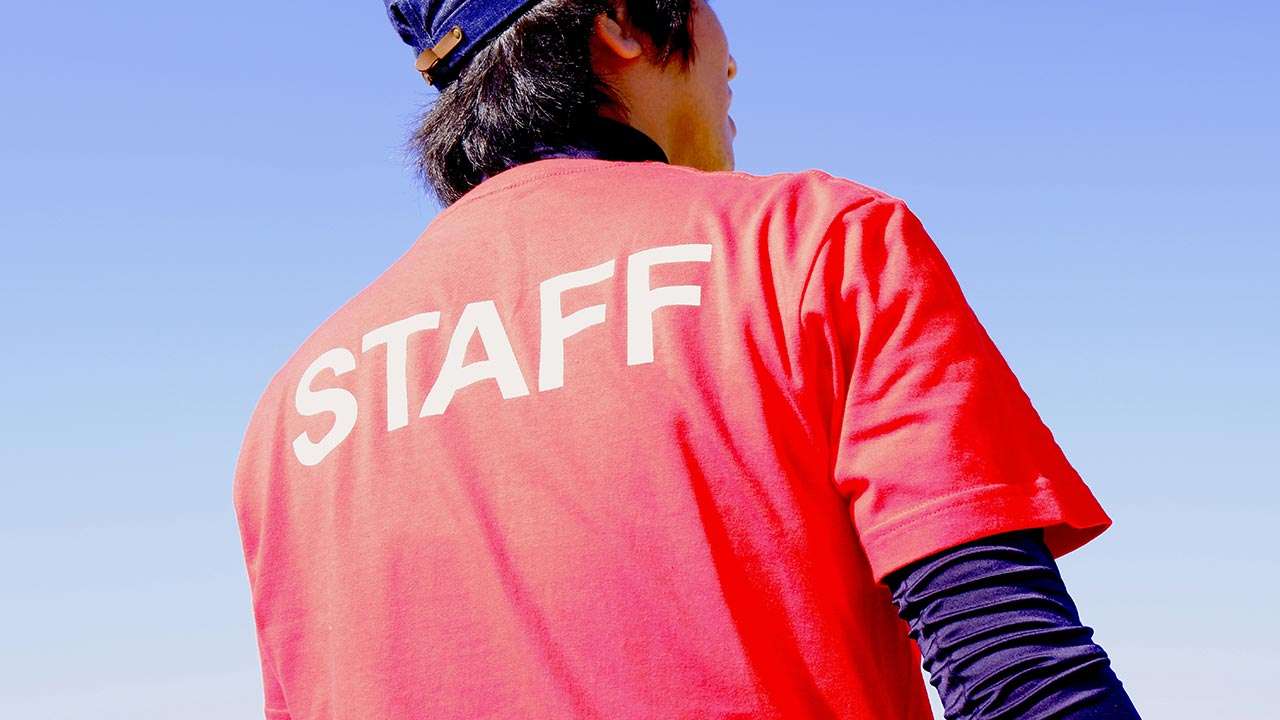POSTED Mar 29, 2022 - 01:15 PM
Social sustainability: What is it and why it’s important
To be truly sustainable, you need to care about the environment, your profits, your people, and the community you belong in
When we talk about sustainability, the environment is always the first thing we think of. While the environment is indeed an important part of sustainability, there are more facets to it than anyone might believe. Sustainability actually has three fundamental pillars: environmental, economic, and social.
In a nutshell, environmental sustainability pertains to how a business, practice, or a product affects the environment. Economic sustainability is how profitable a business is and whether or not it complies with government regulations and other standards. Finally, social sustainability is how the people and the community benefit in relation to the business or practice.
All three pillars must be present and practiced for a business to claim true sustainability. Intersections between each pillar may exist, like if a business caters to the economic and environmental pillars, it’s considered viable. If it caters to the social and environmental pillars, it’s equitable. And if it only caters to the economic and social pillars, it’s considered bearable.
The concept of the environmental and economic pillars are simple enough to understand. But what about social sustainability?
According to the Western Australia Council of Social Services, social sustainability “occurs when the formal and informal processes; systems; structures; and relationships actively support the capacity of current and future generations to create healthy and livable communities. Socially sustainable communities are equitable, diverse, connected and democratic and provide a good quality of life.”
To further break down social sustainability, Indian economist and Nobel Laureate Amartya Sen provides six key dimensions: equity, diversity, social cohesion, quality of life, democracy and governance, and maturity.
The six dimensions mean that to achieve true social sustainability, there should be equitable opportunities for a diverse society to maintain a livable quality of life, participate in democracy, and accept the responsibility to grow and move forward in society.
In the local setting, social sustainability is often forgotten. The government-mandated minimum wage is sometimes insufficient to purchase necessities like food. And businesses instead opt to invest capital in other resources instead of manpower.
While that may be the overarching case, there are enterprises that provide a living wage in the country. Cosmetics and personal care brand Human Nature practices a living wage minimum, alongside its commitment to the environment and stakeholders. All of its employees are given P910, almost double the government-mandated minimum wage, in order to ensure a decent quality of life.
In terms of diversity and inclusion, companies like The Max’s Group and Caravan Food Group Inc. (CFGI) both employ persons with disabilities (PWD) in their restaurants. Max’s Group restaurants Teriyaki Boy and Sizzlin’ Steak employ PWD staff as servers, while CFGI employs PWDs in both customer facing and managerial positions.
An even less talked about aspect of social sustainability is equitable access to sustainably developed areas. The lack of green spaces in metropolitan areas like NCR means the majority of the population do not have access to those types of areas. Social justice in the form of proper urban planning, ecology, proper land use, and conservationism must come hand in hand with sustainable development in order to fulfill the definition of social sustainability.
Abroad, countries like Iceland have pilot tested the four-day work week to overwhelming success. The trial period showed that while working hours were reduced, employee productivity was either maintained or increased. It also gave employees more time to take care of important non-work-related tasks like child rearing, hobbies, and chores. This proves that productivity isn’t reduced along with the number of hours worked. This also showed other benefits like reduction in carbon emissions, sick days, and overall stress levels.
This is just an example of how businesses can do better for those who are under their employ. With no assurance for a better economic future, businesses should invest in their people and surrounding communities. Sustainability doesn’t stop at the environmental and economic level. Let’s not forget our people.
For more information and news on business visit CREATE Philippines and IFEXCONNECT
Read more

Rooted in Advocacy, Crafted for the Future
Going strong for 42 years, Manila FAME is a bold, seasoned trade show shaped by decades and transfor... Learn More

Learning the curve of sustainability: CITEM explores Taiwan’s SDG-driven industries
CITEM tracks sustainable practices in Taiwan’s transformative industries, and gets a glimpse of a... Learn More

CITEM Market Sensing Mission to Taiwan to strengthen PH SDG competency
Making serious strides toward strengthening the country’s sustainability footprint, CITEM travels to... Learn More

EU, PH push for green solutions in food industry at Sustainability Solutions Exchange 2025
Aiming to develop a sustainable Philippine food industry, the European Union (EU) and the Department... Learn More
